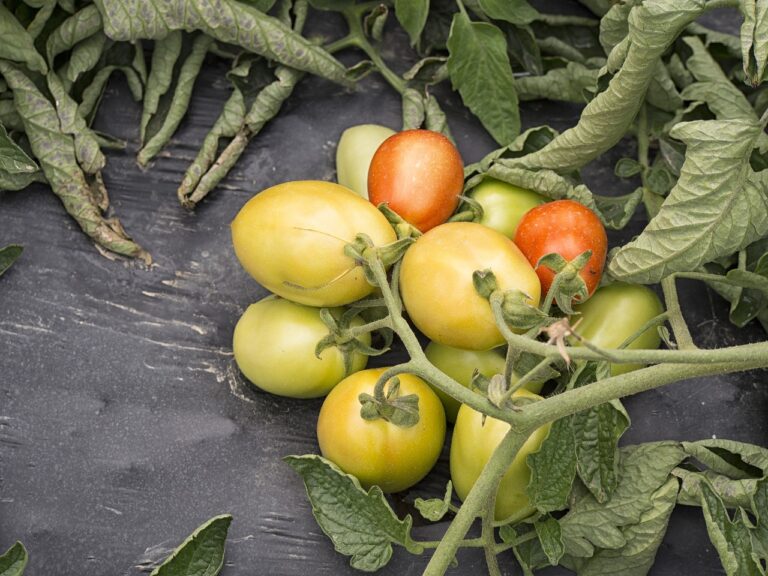The Impact of Food Industry Ethics and Sustainability
Consumers today are increasingly concerned with the ethical implications of the food they eat. From farm to table, the journey of food involves various practices that can impact not only the environment but also animal welfare and human health. The rise of organic farming, fair-trade products, and sustainable agriculture practices highlights a shift towards more ethical food production methods.
At the heart of ethical food production lies the concept of transparency. Consumers are now demanding to know where their food comes from, how it is produced, and the conditions in which farm workers and animals are treated. Ethical food production goes beyond simply meeting regulatory standards; it involves a commitment to social responsibility, environmental stewardship, and the well-being of all involved in the food supply chain.
Sustainability Efforts in Agriculture
To promote sustainability in agriculture, many farmers are adopting practices that focus on reducing environmental impact while maintaining productivity. One common approach is the use of cover crops, which help to prevent soil erosion, improve soil health, and reduce the need for chemical inputs. By diversifying crop rotations and incorporating cover crops, farmers can enhance the resilience of their farming systems to withstand environmental challenges.
Another key strategy for enhancing sustainability in agriculture is the implementation of precision agriculture techniques. Using technology such as GPS, sensors, and data analytics, farmers can more precisely manage inputs like water, fertilizers, and pesticides. By applying these inputs only where and when they are needed, farmers can optimize their resources, reduce waste, and minimize environmental harm. These sustainable practices not only benefit the environment but also contribute to cost savings and long-term viability for farmers.
What are some examples of ethical practices in food production?
Some examples of ethical practices in food production include organic farming, fair trade certifications, humane treatment of animals, and promoting biodiversity.
How can farmers contribute to sustainability efforts in agriculture?
Farmers can contribute to sustainability efforts in agriculture by practicing crop rotation, using natural fertilizers, conserving water, reducing chemical usage, and implementing integrated pest management techniques.
Why is sustainability important in agriculture?
Sustainability in agriculture is important to ensure long-term food security, protect the environment, preserve natural resources, and support the well-being of farming communities.
How can consumers support sustainability efforts in agriculture?
Consumers can support sustainability efforts in agriculture by purchasing locally grown produce, choosing organic and fair trade products, reducing food waste, and advocating for sustainable farming practices.
What are some challenges faced by farmers in implementing sustainability efforts?
Some challenges faced by farmers in implementing sustainability efforts include high initial costs, limited access to resources and technology, market demand for cheaper products, and unpredictable weather patterns.







